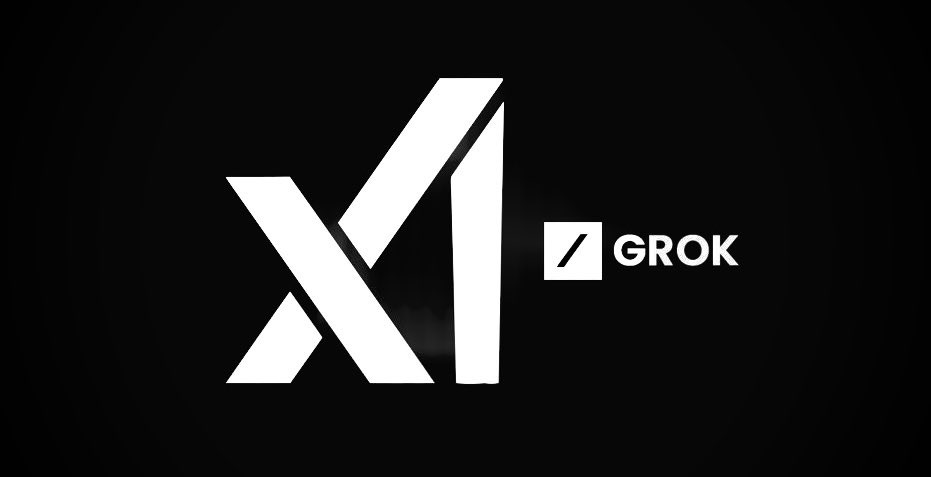Aleph Alpha Lands $500M, Contends for "OpenAI of Europe" Status
Aleph Alpha, the Germany-based large language model (LLM) developer, has announced a $500 million funding round that included strategic investors Ipai, Bosch, HP, and SAP, among others. The company had previously raised over $140 million in earlier funding rounds. According to the announcement:
This commitment strengthens the foundation for Aleph Alpha to further advance its proprietary AI research, accelerate development and commercialization of Generative AI for the most complex and critical applications such as in data sensitive industries like healthcare, finance, law, government and security. Aleph Alpha will further expand key academic partnerships and contributions, and remains committed to reproducibility, excellence and sharing innovation through open source.
Note that the company is directing its focus on complex and data-sensitive industries. Industry and domain specialization are bound to rise over the next year. Supporting this specialization, Aleph Alpha also highlights its alignment with European requirements around data protection, security, sovereignty, and explainability.
The significant enhancement of the capabilities of Large Language Models by a European company gives government agencies as well as companies the opportunity to build and apply AI in a sovereign environment, as Aleph Alpha combines data protection and security with unique explainability and customization options.
LLM Models
Aleph Alpha offers three base foundation models of different sizes and a control model (i.e., instruct model). The Luminous LLM comes in 13B, 30B, and 70B parameter sizes. These models were trained on 402B, 460B, and 560B training data tokens, respectively. The company says the models are used for:
Text generation
Classification
Summarization
Question Answering
Brainstorming
Labeling
Model performance tests were published for classification, closed-book question answering, commonsense reasoning, natural language inference, and reading comprehension using EleutherAI’s evaluation harness. Luminous appears to be competitive and maybe better than the other models it published comparisons with, including OpenAI Davinci 175B, Bloom BigScience 176B, and Meta OPT 175B.
This is a good start, but I suspect users would prefer to see comparisons with GPT-4 and Anthropic’s Claude 2. Granted, all of these comparisons are significantly larger models in terms of parameter count than Luminous.
Explainability
It is also notable that the company focuses its messaging around explainability. This is a gap for most LLMs. This is also a requirement under consideration in the EU AI Act and the U.S. White House’s new AI Executive Order.
Very roughly speaking, our explainability method uses AtMan to suppress individual parts (depending on the level of granularity you want) of a prompt to find out how they would change the log-probabilities of the already generated completion relative to each other.
The rise of regulators requiring or requesting that AI foundation models offer some explanation about how they arrive at specific answers could make Aleph Alpha popular. This is a non-trivial problem.
OpenAI of Europe?
Conversations about Aleph Alpha and Mistral often shift into discussions around European technology sovereignty and which candidate is more likely to emerge as the OpenAI of Europe. Granted, OpenAI is the OpenAI of Europe, so it is not exactly an empty market. A WIRED article profiling Aleph Alpha commented:
Ask people within Europe’s tech bubble which AI companies they’re excited about and the names that come up most are Mistral, a French startup that has raised $100 million without releasing any products, and the company Andrulis founded, Aleph Alpha, which sells generative AI as a service to companies and governments and already has thousands of paying customers.
Skeptics in the industry question whether the company can really compete in the same league as Google and OpenAI, whose ChatGPT launched the current boom in generative AI. But many in the European Union are hoping that Aleph Alpha can counteract American dominance in what some believe will be an era-defining technology…
While Andrulis stresses that his company is not a “nationalist project”—there are plenty of Americans working at Aleph Alpha—he appears comfortable being at Europe’s vanguard. “I personally care a lot about helping Europe make a contribution beyond the cookie banner,” he says.
The fundraising announcement also included this comment from Bosch:
“Actively developing Generative AI will be crucial for Europe’s technological sovereignty. That’s why we at Bosch are opening fields of application and business models and playing a key role in shaping this cutting-edge technology together with other companies such as Aleph Alpha,” says Dr. Tanja Rückert, Member of the Board of Management and Chief Digital Officer of Robert Bosch GmbH.
So, Aleph Alpha is not a nationalistic project, but there is an appetite among some business buyers to prefer a European company in generative AI. With $500M, Aleph Alpha might not have enough capital to compete with OpenAI or Anthropic in each market segment just yet, but it does have some apparently competent models and a lot of cash to fuel product development.
Let me know what you thing. What about Aleph Alpha appeals to you?
12 Things that Matter from OpenAI Dev Day - Including 2M Developers and Personal Bots
OpenAI concluded its first Dev Day keynote a short time ago, and we followed that up with a special edition of the GAIN Rundown. Our guest experts had a lot of interesting insights to share and offered an important perspective on how the new features and products will impact the generative AI market. I recommend you watch the video discussion
What is Grok? Is X.ai's Chatbot for Twitter Really Better Than ChatGPT?
Grok is an AI modeled after the Hitchhiker’s Guide to the Galaxy, so intended to answer almost anything and, far harder, even suggest what questions to ask! Grok is designed to answer questions with a bit of wit and has a rebellious streak, so please don’t use it if you hate humor!







